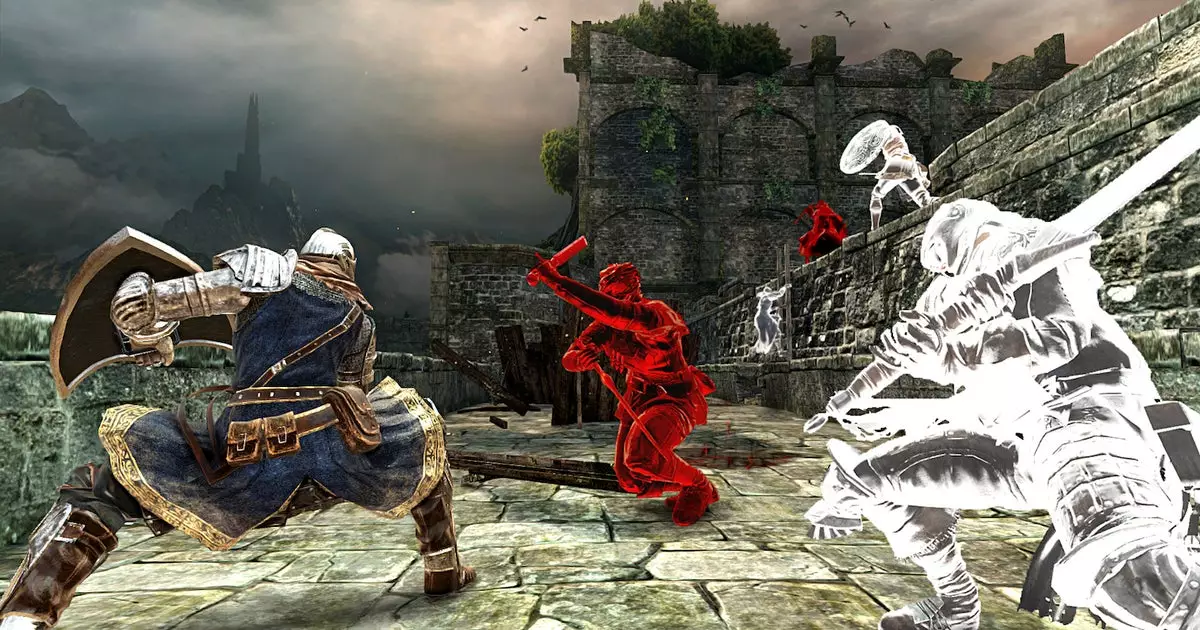In a world where media conglomerates constantly jockey for dominance, Sony’s strategic alliance with Kadokawa Corporation has sparked significant discourse amongst gaming and anime enthusiasts alike. With Kadokawa being known for its creative contributions, notably as the parent company of renowned game developers FromSoftware and Spike Chunsoft, this partnership signals a transformative moment in the media and entertainment industry. The unexpected nature of this arrangement, which has been labeled a “strategic capital and business alliance agreement,” raises questions about future developments in content production and distribution.
Under the new agreement, Sony is set to acquire over 12 million new shares in Kadokawa for a staggering 50 billion yen by January 2025. This move positions Sony as Kadokawa’s largest shareholder, controlling approximately 10% of the company. While this deal is not a full acquisition, it grants Sony substantial influence over Kadokawa’s future endeavors. This arrangement is indicative of a trend where bigger companies invest in promising firms to harness their intellectual properties and expand their reach in a rapidly evolving entertainment landscape.
The collaboration between these two giants isn’t merely a financial maneuver but rather a calculated symbiosis. The announcement hinted at joint projects that may include partnerships for live-action adaptations, co-produced anime, and enhanced global distribution methods. For gamers and anime fans, the implications of this collaboration could be significant, promising an interesting mix of both companies’ top-notch intellectual properties.
Exploring the Implications for Content Creation
The heart of this alliance seems to lie in the fusion of creative strengths from both organizations. With both having long-established reputations in their respective fields—Sony with its rich array of entertainment offerings and Kadokawa’s mastery of storytelling—fans can expect innovations in how stories are told. This “media mix” model has been a hallmark of Kadokawa’s business strategy, and incorporating Sony’s global framework may well accelerate their existing projects while opening the door to new ventures.
Moreover, both entities have hinted at expanding into diversified media, bridging the gaming world with films, anime, and other forms of entertainment. This poses a thrilling opportunity for fans who have long awaited adaptable content that resonates with their gaming experiences or vice versa, ultimately creating a more immersive fan culture.
One particularly intriguing aspect of the announcement was the mention of “developing human resources to promote and expand virtual production.” Although somewhat obscure, this term often refers to the innovative processes employed in filming, particularly using LED panels to simulate immersive environments. If both companies invest heavily in training and resources within this arena, it suggests a commitment to cutting-edge filmmaking and gaming technology, allowing for a convergence of storytelling mediums in ways not previously seen.
However, the vagueness of this promise raises red flags. A clearer definition of “human resources” surrounding this focus would greatly ease speculations. If this venture is directed toward traditional media production, stakeholders may be cautious about whether their interests will ultimately benefit from this collaboration.
This partnership arrives at a crucial juncture for both companies, especially for Kadokawa, which is actively developing a multitude of game projects. Beyond potential financial boosts, the integration of Sony’s framework could facilitate smoother transitions from development to global markets. However, some concerns loom regarding potential exclusivity shifts, especially for prominent titles such as the upcoming Dark Souls sequels or adaptations of existing IPs.
While the direct employment effects as a result of this non-acquisition might seem minimal for now, the essence of creative sustainability remains paramount. As these companies venture into ambitious projects, job security for existing talent appears to be intact, creating a stable environment where creativity can flourish.
Overall, the announcement of this alliance between Sony and Kadokawa shines a spotlight on the evolving landscape within the entertainment sector. As both companies come together with a unified vision for the future of content creation, the ramifications may transform not only how stories are told but also how they are experienced globally by fans. While the specifics will unfold over time, the enthusiasm from both parties leaves room for optimism, likely signaling exciting developments for both the gaming and anime communities. It seems that, for now, it is indeed safe to explore this new territory of opportunity rather than scream in fear.


Leave a Reply